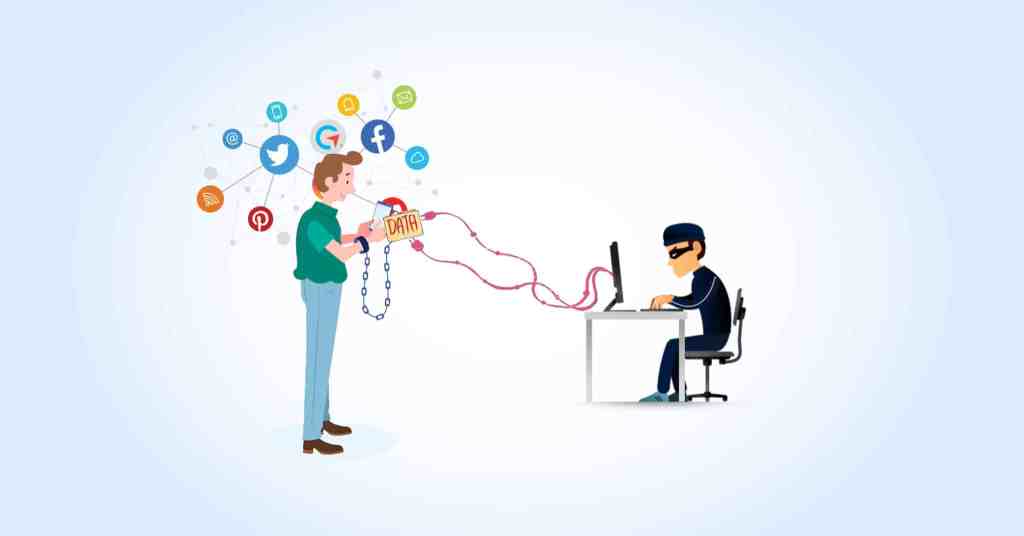
We have all seen the warnings about oversharing on social media, but often disregard them. Instead give serious consideration to the dangers of revealing too much about yourself. When traveling keep details about your trip private.
Posting pictures of your plane ticket, boarding pass, passport, Visa, hotel name and location, trip itinerary and other information is a huge security risk. This information contains the details a cybercriminal needs to carry out fraud, identity theft and burglary.
Criminals can use the information found on a boarding pass, including barcodes to alter your reservation and possibly gain access to your frequent flyer miles.
They can use the details found on your passport or Visa to replicate the documents and gather personal information which can lead to fraud and identity theft.
When you post trip details while you are away, this lets criminals know that you home is unoccupied which can lead to break-ins. A study published in TIME Magazine found that nearly 80% of burglars scour social media platforms to plan their next heist. When they find you are away it opens the door for theft (literally) and alerts criminals that your home, cars, and other belongings are unguarded.
Don’t enable location services for social media sites, and don’t add location tags which is like broadcasting your location.
If your social media profile includes details like your hometown, birthdate, workplace, current city and other personal details cybercriminals can harvest that information and piece it together with other information they gather from data breaches and other online resources to create a detailed profile on you which can be used for fraud and identity theft.
According to the Federal Trade Commission (FTC) one in four people who reported losing money to fraud said the scheme started on social media. In a 2-year period losses from fraud reached $2.7 billion.
When you snap a photo with your phone it may automatically contain geotags with your exact GPS coordinates. That means if you take a picture with your phone and post it online you are essentially broadcasting your location to the world. Turn location tags off in your phone settings to protect your privacy.
You should also avoid connecting to public Wi-Fi during a trip. These networks are dangerous and an easy target for hackers who can intercept and steal the data that is transmitted over the network. If you must use public Wi-Fi, use a virtual private network (VPN), which adds an extra layer of protection when you go online. And don’t visit any websites where you are required to login such as your email, bank or credit card company.
Oversharing in general should be avoided. Keep the details of your trip private.
